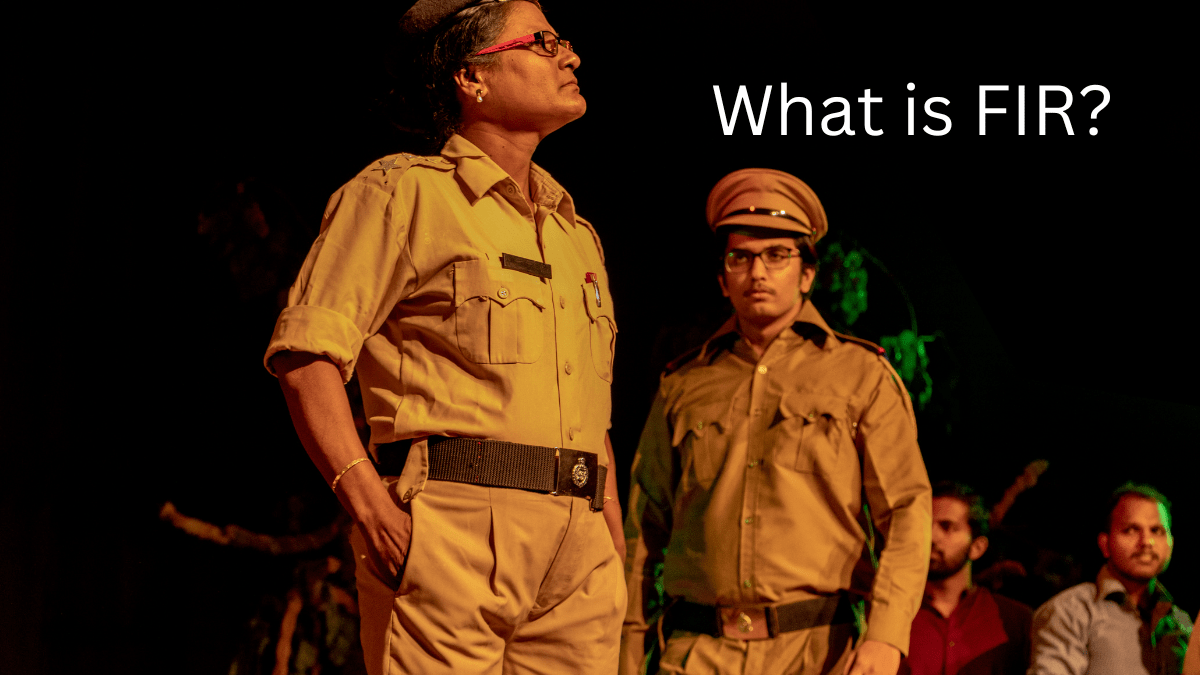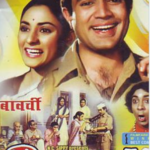Movie Case Study
The scene shows Inspector Bajirao Singham (played by Ajay Devgan) claiming that he has filed an FIR against the goon. While the gangster wants the cop to tear off the FIR. In this blog, Learning perspectives will explore the meaning of FIR.
What is FIR?
FIR or the first information report is the document prepared by the police as they receive the information about an offence. These offences can either be a cognizable or non-cognizable offence. Cognizable offences are those where the police can nab the suspect without any warrant. While in case of non-cognizable offenses police would require a warrant to arrest the suspect.
As Bajirao Singham said that it is a government record and destroying it would lead to grave consequences. FIR is an important document that sets the criminal justice in motion.
There are people in the country who consider themselves as above the law or justice maybe because they have money or muscle. They believe this power gives them a right to treat people in ways that they can. Similar to the goon in the scene.
Who can file a FIR?
It is necessary that the victim of the crime files an FIR. A police officer too can file the FIR who comes to know of the offence. If an individual has seen the crime taking place can also file a complaint and if the crime has taken place against you, then one can also file an FIR.
Procedure for filing an FIR
The procedure for filing an FIR is prescribed in section 154 of the criminal procedure code of 1973.
When the information of a cognizable offence is given orally, then it should be written & recorded by the police.
Once the information is recorded, the complainant is required to sign the document.
Report should be signed only after the individual is convinced of what police is recording.
People who cannot read or write should give their thumb impression on the FIR.
Later, a copy of the FIR should be asked by the complainant as it is their right.
Alternatives to FIR, if not registered
The individual can meet the Superintendent of Police or other higher officers like deputy Inspector general of Police or Inspector general of police and bring your complaint to their notice.
The Superintendent of police once convinced of your complaint, he/she would further investigate the matter.
One can also file a private complaint before the court having jurisdiction.
One can also complaint to the State Human rights commission or the National human rights commission if the police does nothing to enforce the law or is corrupt in the matter.








